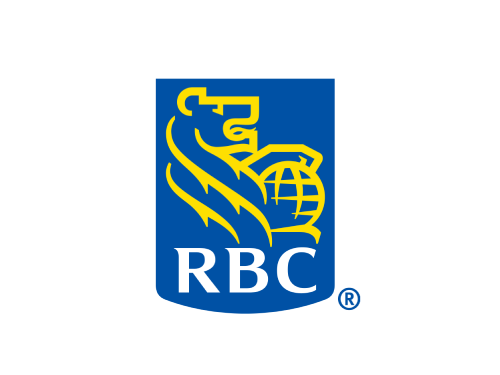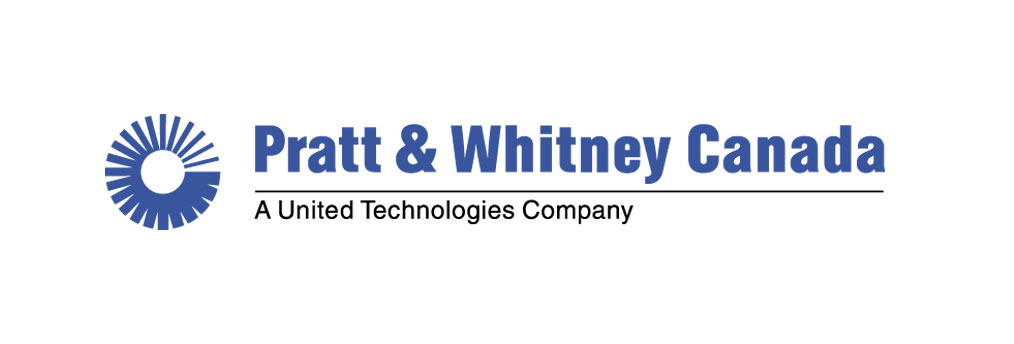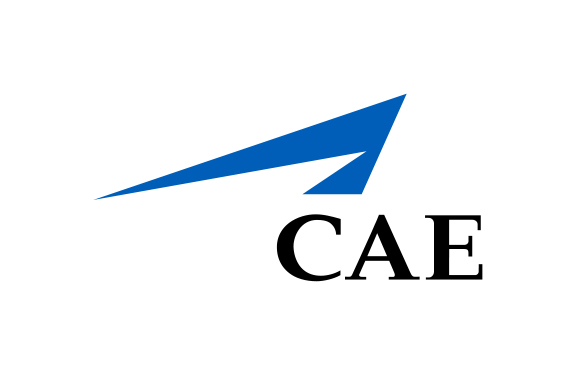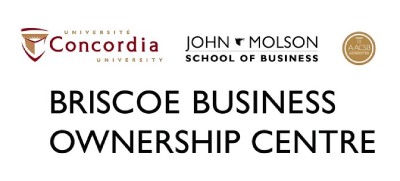Stitching together world-class event
Four students behind Concordia’s case competition dealt with many headaches
There’s been much more to organizing this week’s world business-case competition in Montreal than always having a bottle of extra-strength painkillers on hand. But along with teamwork and the flexibility to roll with the punches, the headache remedy has also proved itself a key ingredient, four Concordia University graduate students in business administration said yesterday.
They have organized and are managing this week’s Concordia MBA International Case Competition, sponsored by the John Molson School of Business. And they were only half-joking about the painkillers.
The four have gone through 10 months of planning, coping with disappointment when potential sponsors or judges backed away in the wake of the Sept. 11 atrocities, and subsequent gnawing worries about all the other little and big things that could go wrong.
[img_assist|nid=864|title=|desc=The Concordia MBA students who organized this week’s case competition were (clockwise from bottom right): Marie-Louise Bloo,
Cristina Franco, Catherine Konidas and Claudia Perello. They are surrounded by signs showing some of the schools represented at the competition this week.|link=none|align=right|width=400|height=287]This week, though, it’s finally show time. The four are Marie-Louise Bloo, Catherine Konidas, Claudia Perello and Cristina Franco. So, exactly which companies backed
away?
“I’m not going to say,” responded Konidas, 24, who was in charge of the fundraising. She’s embarking on a marketing career in the pharmaceutical business. Why that sector? “There are a lot of constraints. And I like challenges.”
Perello, 30 and originally from the Dominican Republic, said the team has been very conscious from the start that they are showcasing Montreal for more than 150 of the best, brightest and most highly competitive business students from 30 schools on three continents.
The participants come from as far away as the University of Dusseldorf in Germany, the Helsinki School of Economics and Business in Finland and ESAN – short for Escuela de Ad-
ministracion de Negocios Para Gradu-ados – in Peru.
This is “the largest and longest-running international case competition in the world,” according to the event’s guidebook. It began modestly enough, with five teams in 1982.
Putting all the pieces together “is a lot like starting up a small business,” said Perello, who intends to launch a small importing company.
Beginning the daunting assignment for course credits last March, the four didn’t know each other particularly well. Each took on major responsibilities that made them “kind of divisional CEOs,” Perello said.
Things meshed nicely: “It’s trust and teamwork. We knew each other before,” Perello said. “But now we’re really good friends. “And we will be for a long, long time.” She handled the event’s $160,000 budget and also lined up the judging panels.
Under extreme time constraints, each team gets a tough business assignment and makes complex decisions, “without the benefit of complete information,” relying mostly on analytical, presentation and interpersonal skills, said Tim Field, an associate professor at the Molson School and the Concordia home team’s coach.
Teams get three hours with a case today, and then immediately make presentations. The winners are determined in finals Saturday.
After Sept. 11, cancellation of the event following two unbroken decades suddenly loomed as a possibility, said Bloo, 28, of the Netherlands, a mechanical engineer in charge of bringing in the schools and organizing the cases.
One disappointment for her was the absence of any school from Asia, when the University of Japan’s presence ultimately fell through.
As for Franco, a 30-year-old native of Brazil originally trained as an architect, running the logistics of the event in itself has been “a perfect case in project management.”




















